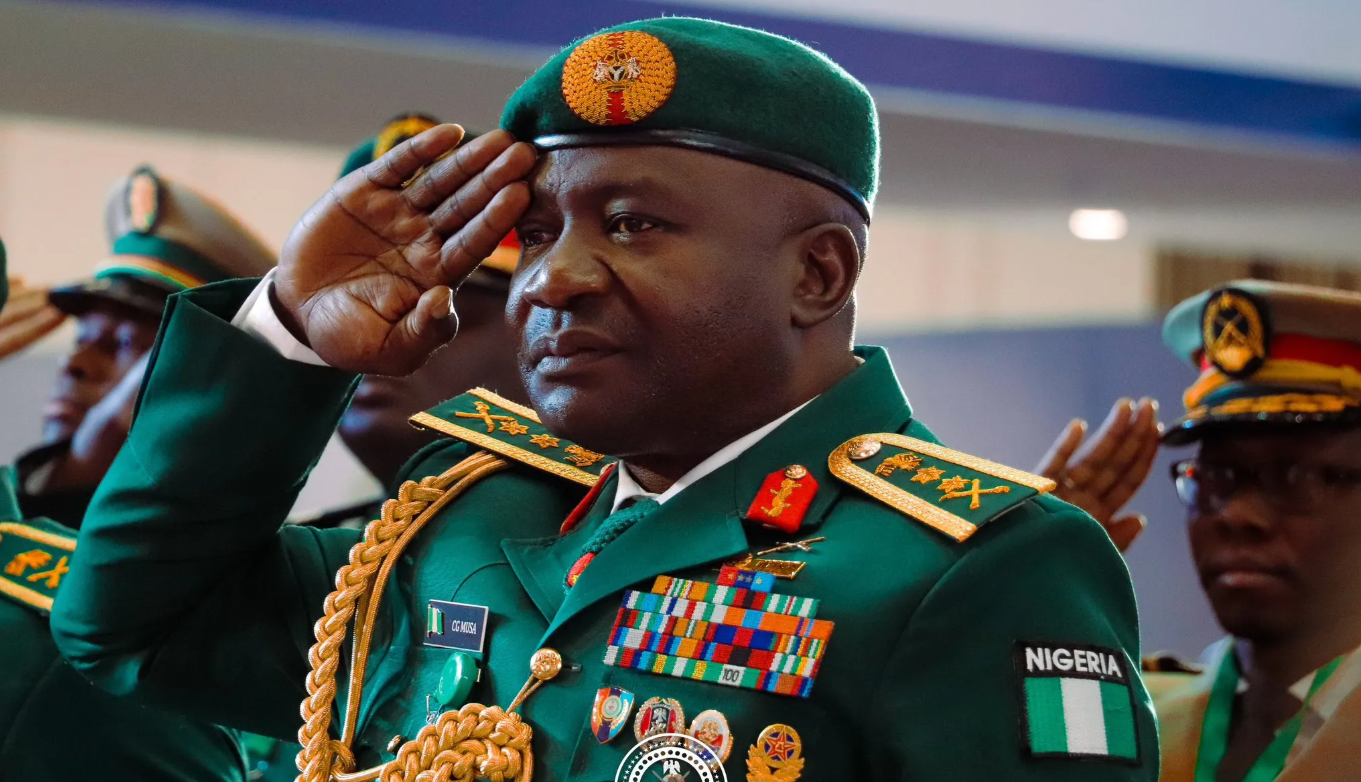• Prosecution says forensic expert had no lab, office address
Trial of former Central Bank of Nigeria (CBN) Governor, Godwin Emefiele, over alleged $4.5 billion fraud took a dramatic turn yesterday as the forensic examination of a mobile phone and WhatsApp chats, key evidence in the case, hit a deadlock following disagreements between the prosecution and defence teams.
At the resumed hearing before Justice Rahman Oshodi of a Lagos Special Offences Court sitting in Ikeja, the first defendant counsel, Mr Olalekan Ojo (SAN), informed the court that its earlier order directing a joint forensic analysis of the mobile device, tagged “iPhone 2”, could not be carried out due to what he described as deliberate obstruction by the Economic and Financial Crimes Commission (EFCC).
Ojo told the court that despite both parties and the court registrar being present on the scheduled examination dates, September 24 and 25, 2025, the process could not proceed.
He alleged that the EFCC’s representatives refused to grant the required access to the full messages on the phone, contrary to the court’s directive.
He said, “The first brick wall we faced was that the EFCC said the device could not be exposed to the entire team.”
He added that even when the registrar clarified that the order specifically mandated the examination of the phone and its WhatsApp contents, the EFCC team still failed to produce the device when the Apple expert requested it.
The senior lawyer, therefore, urged the court to issue a fresh order to ensure “unfettered access” for both parties’ experts, insisting that the forensic process was crucial to establishing the authenticity of the chats tendered in evidence.
Responding, prosecution counsel, Mr Rotimi Oyedepo (SAN), vehemently denied blocking the examination. He maintained that the earlier forensic analysis conducted by the defence’s expert was flawed and failed to meet established standards.
Oyedepo told the court that the expert lacked a physical laboratory, had no verifiable office address, and reportedly conducted parts of the analysis online, posing a risk of data compromise.
He submitted that the iPhone remained on flight mode to prevent tampering and assured said the EFCC was committed to transparency, provided the procedure adhered to proper forensic standards.
Justice Oshodi, while acknowledging their concerns, directed the prosecution to file its forensic report within 24 hours but allowed the EFCC’s witness to continue testifying, noting that the witness had travelled from Abuja for the proceedings.
The judge also ordered both parties to adopt electronic service of court documents to prevent further procedural delays.






